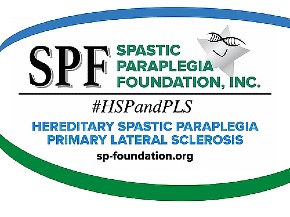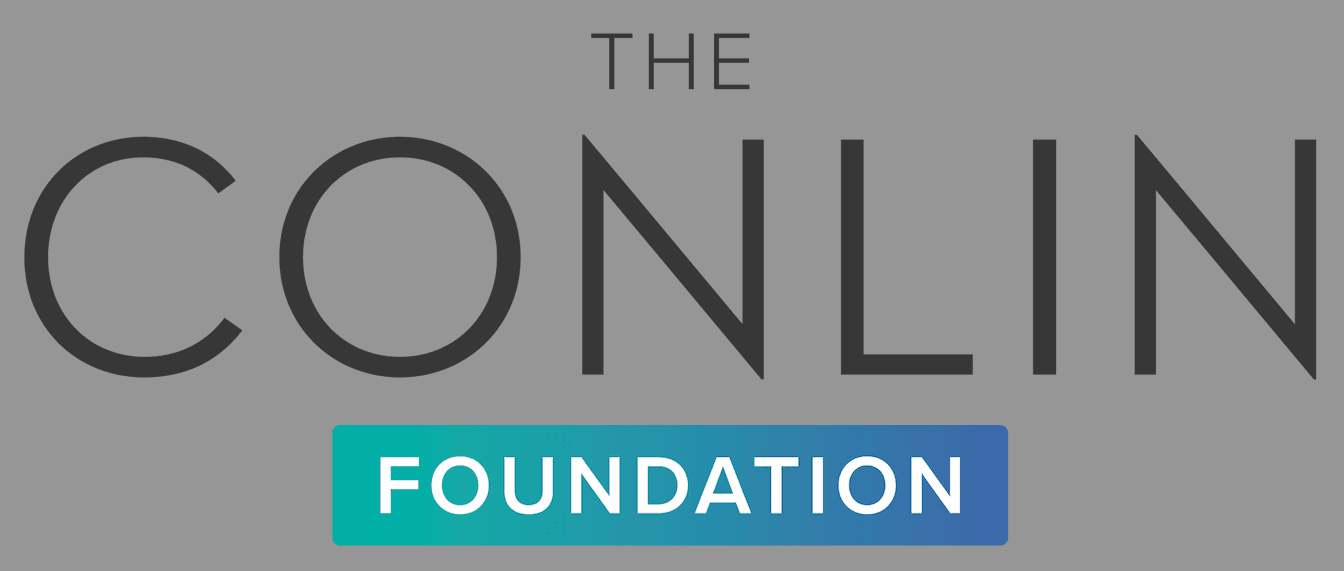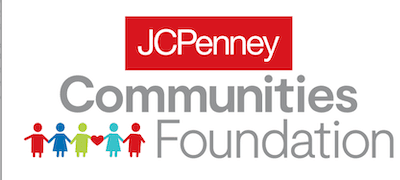WASHINGTON — The National Institutes of Health has referred 12 allegations relating to foreign influence over U.S.-funded research to a federal oversight office, Sen. Chuck Grassley (R-Iowa) said Wednesday.
Grassley, the chairman of the Senate Finance Committee, has repeatedly demanded information from the NIH after the agency revealed in August it was investigating a half-dozen academic institutions — specifically, researchers who may have failed to disclose financial ties to foreign governments.
The announcement is the first indication that the NIH referred the allegations to an external oversight body. In a Jan. 31 letter made public this week, the inspector general of the Department of Human Services also told Grassley that his office had referred two cases to the Justice Department for prosecution: one for a failure to disclose foreign financial ties and another involving the theft of intellectual property.
The Health and Human Services Department’s inspector general, Daniel Levinson, however, provided little detail about the investigations, leaving unclear the extent of the allegations, when any alleged misconduct took place, and which academic institutions were impacted.
“Foreign threats to our taxpayer-funded research and American intellectual property must be taken seriously,” Grassley said in a statement, pledging to continue his oversight work so that “foreign actors can’t pilfer the good work done by legitimate researchers.”
The dozen allegations represent a tiny handful of the research NIH funds. The oversight, however, highlights a broader concern in American research: that some technologies developed by U.S. researchers using public dollars could wind up in the hands of foreign governments and scientific agencies.
An NIH spokeswoman said the agency “can and has taken action using a number of remedies, including terminating or suspending grants, and replacing principal investigators named on NIH grants.” Citing agency policy, she declined to comment specifically about an ongoing investigation.
Despite the investigation, NIH leaders have made clear that they hope to avoid ostracizing foreign-born researchers working in the U.S., who represent a substantial portion of the country’s scientific workforce.
In response to a letter Grassley sent the agency last month, the HHS inspector general said his review would the protocols the NIH uses to assess “the potential risk of grant recipients.”
NIH Director Francis Collins has previously acknowledged he is aware of specific efforts to breach intellectual property protections and ethics protocols. A recent meeting of the NIH’s top advisory board also focused on foreign threats to research, namely China’s “Thousand Talents” program.
The agency “is aware that some foreign entities have mounted systematic programs to influence NIH researchers and peer reviewers and to take advantage of the long tradition of trust, fairness, and excellence of NIH-supported research activities,” Collins wrote in an August letter to roughly 10,000 of the agency’s grantee institutions.
Levinson also wrote that HHS would further evaluate the NIH’s grant-award programs and research integrity safeguards, “including its process for assessing the potential risk of grant recipients.”
Grassley was not the only lawmaker to push Levinson and HHS to probe its various departments’ research for undue influence. Reps. Rosa DeLauro (D-Conn.) and Chellie Pingree (D-Maine) wrote the agency to request a review of research conducted by the Centers for Disease Control and Prevention.
“It is clear that the Coca-Cola’s influence is inappropriate and must be probed further,” they said in a statement, following a report in the health policy journal Milbank Quarterly that showed the beverage company’s executives had pushed for obesity-reduction efforts to emphasize exercise over diet.







